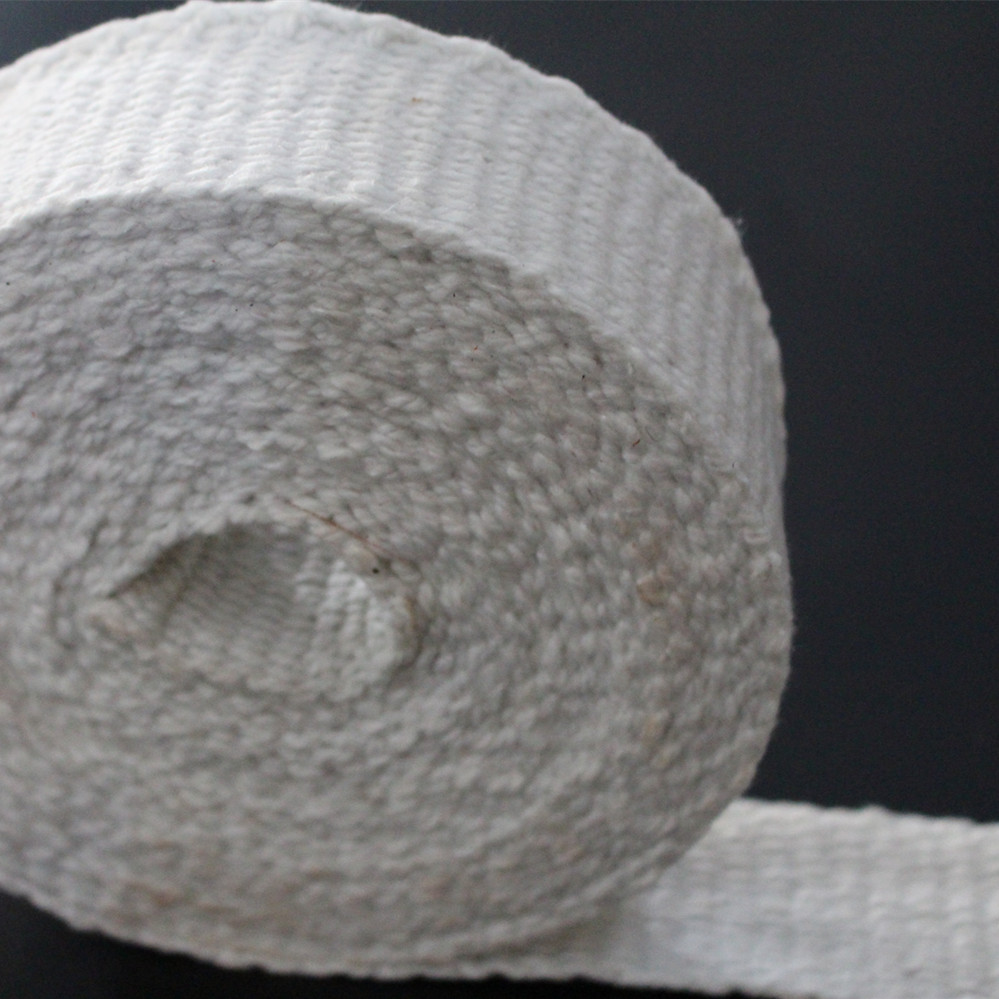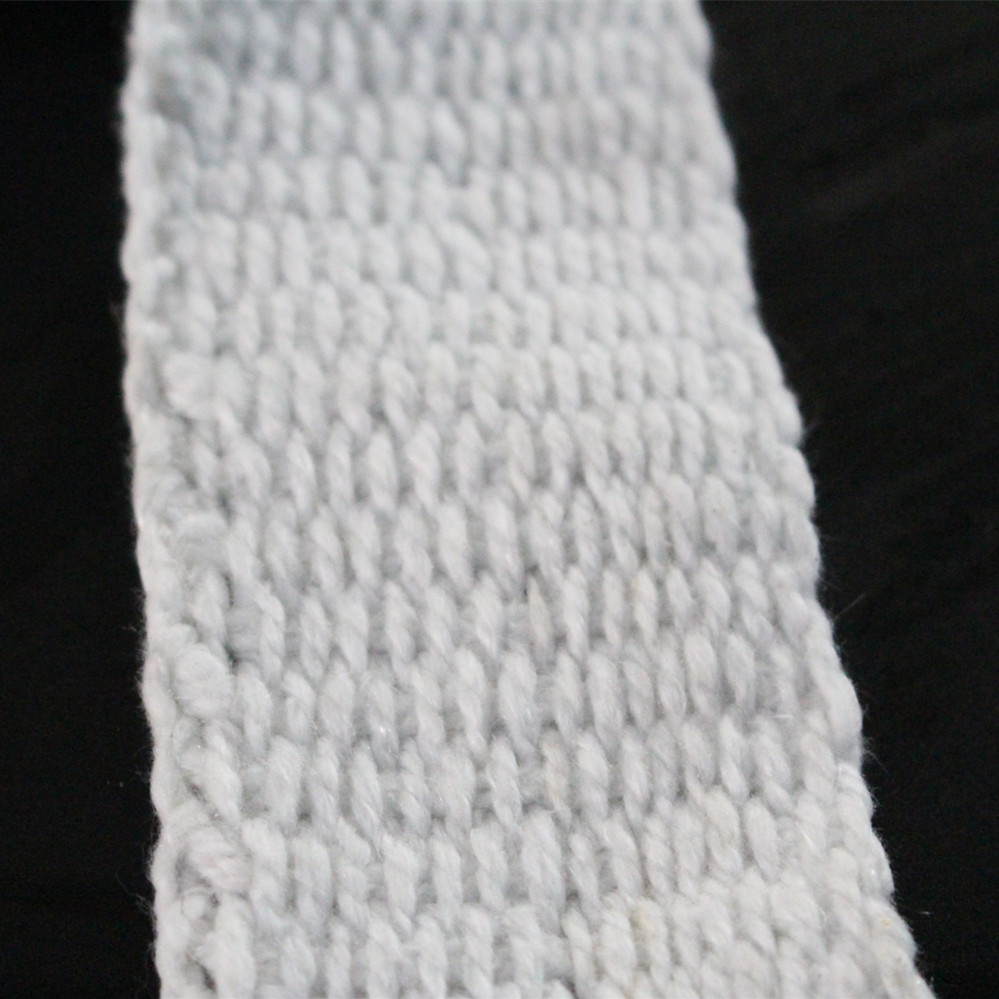Ceramic Fiber Tape: What It Is and Why You Should Use It
Ceramic fiber tape is a specialized high-temperature insulation material crafted from ceramic fibers. These fibers are woven into a flexible, durable tape, offering superior thermal protection and stability. The key characteristics of ceramic fiber tape include:
Key Properties
-
High Temperature Resistance: Designed to withstand extreme temperatures, typically ranging from 1000°C to 1430°C (1832°F to 2606°F), depending on the specific grade.
-
Low Thermal Conductivity: Excellent insulating properties minimize heat loss, enhancing energy efficiency.
-
Chemical Stability: Resistant to most chemicals, ensuring longevity and performance even in harsh environments.
-
Lightweight and Flexible: Easy to handle and install, adaptable to various shapes and surfaces.
-
Low Thermal Shrinkage: Maintains its form and insulating properties even after prolonged exposure to high temperatures.
Applications
Ceramic fiber tape is utilized in a wide range of industries due to its exceptional properties. Common applications include:
-
Thermal Insulation: Ideal for insulating pipes, ducts, and high-temperature equipment.
-
Fire Protection: Used in fire doors, fire curtains, and other fire-resistant barriers.
-
Heat Shields: Protects sensitive components in automotive and aerospace industries from heat damage.
-
Gaskets and Seals: Provides effective sealing in high-temperature environments.
Advantages of Using Ceramic Fiber Tape
-
Energy Efficiency: Reduces heat loss, leading to lower energy consumption and cost savings.
-
Safety: Enhances fire protection and thermal insulation, reducing the risk of heat-related accidents and equipment damage.
-
Durability: Withstands harsh conditions, ensuring long-term performance and reliability.
-
Versatility: Suitable for a wide range of applications across different industries, making it a versatile solution for high-temperature insulation needs.
In summary, ceramic fiber tape is an essential material for applications requiring high-temperature insulation, offering a combination of thermal efficiency, durability, and versatility. Its use can lead to improved safety, reduced energy costs, and enhanced performance in demanding environments.



